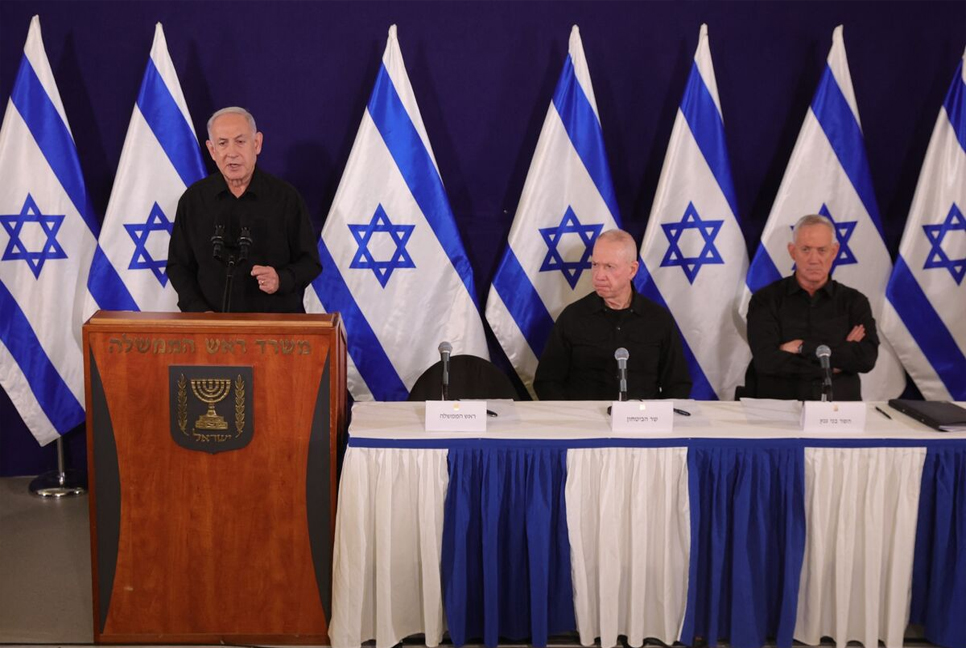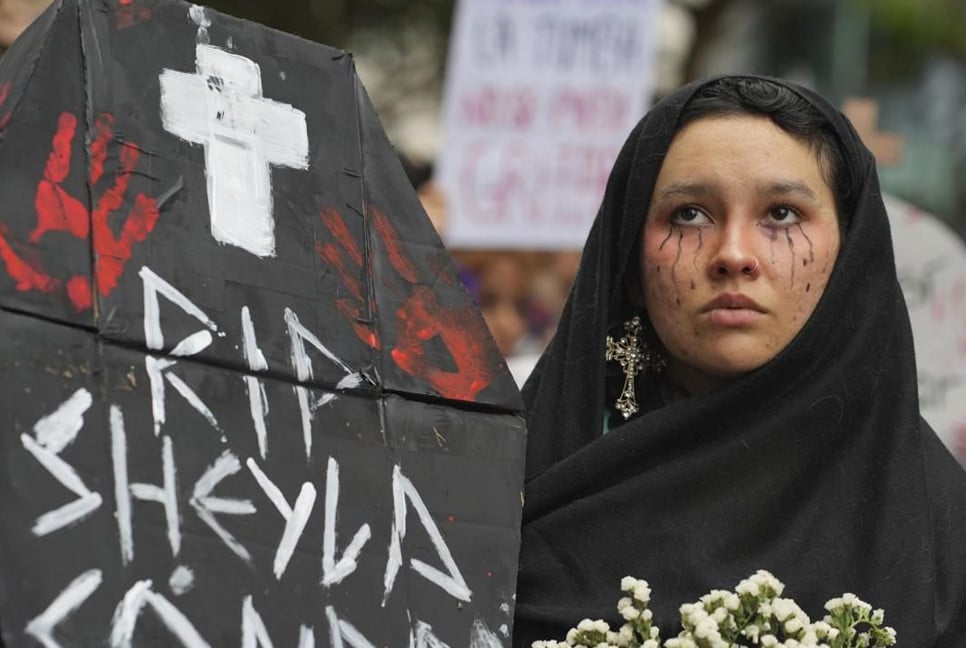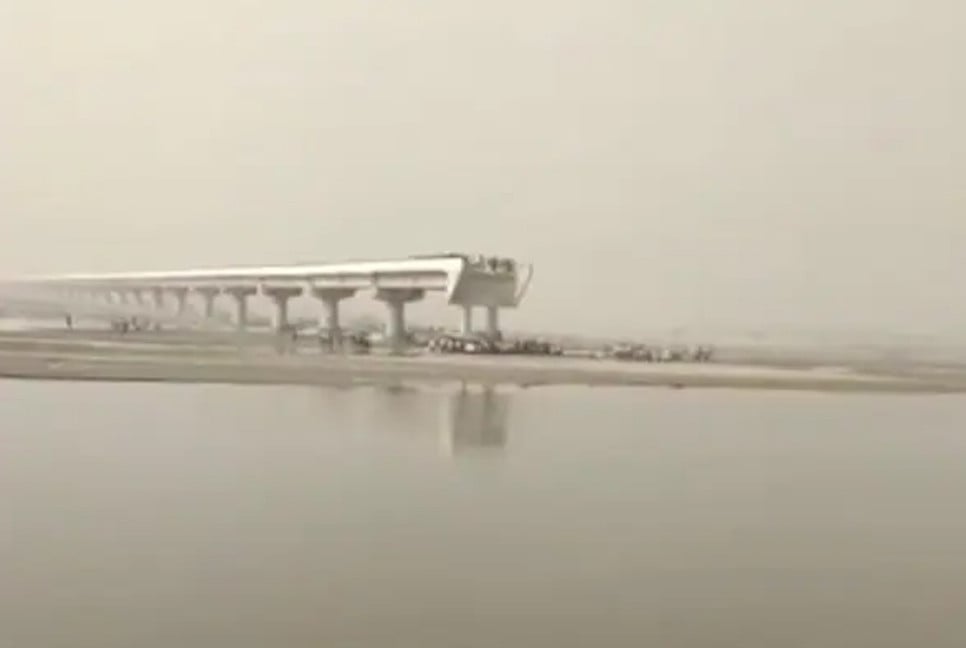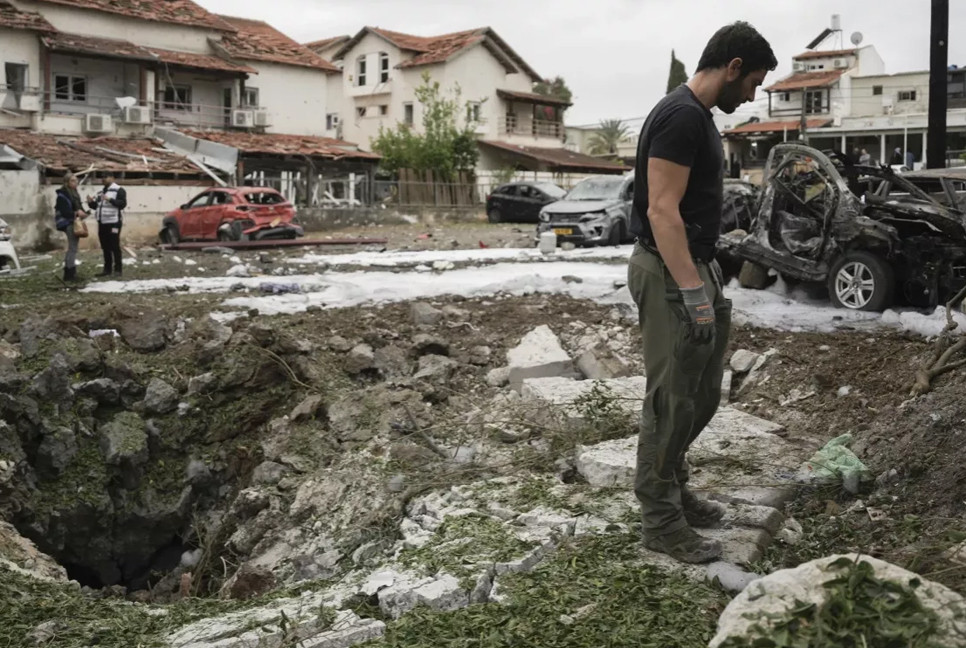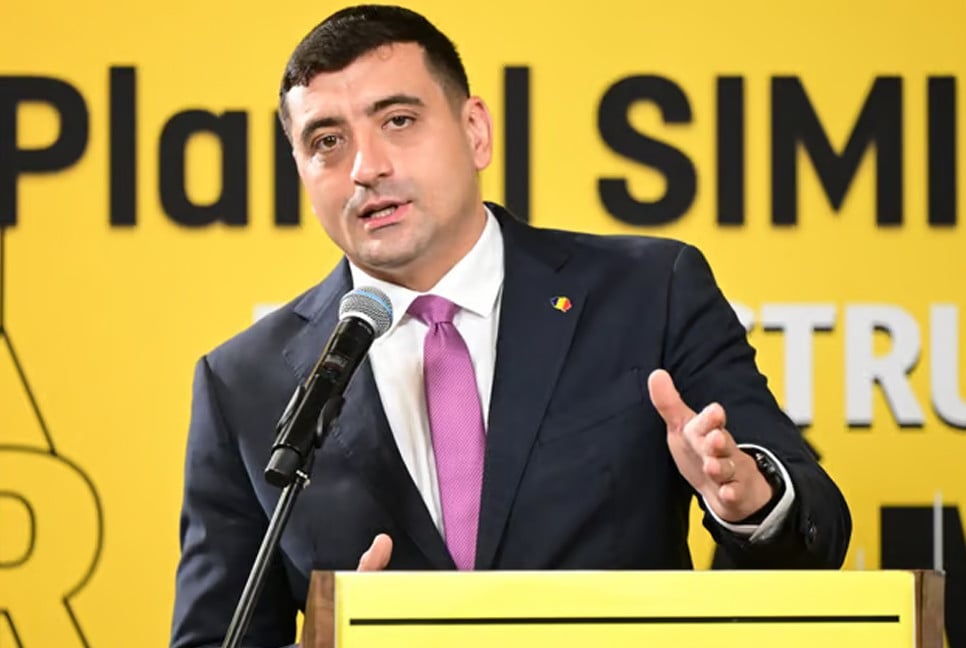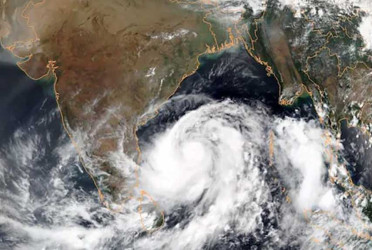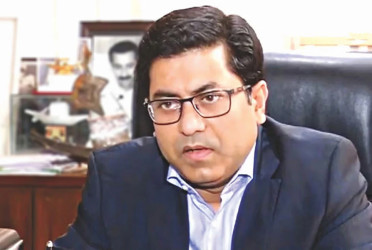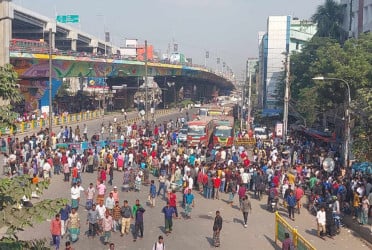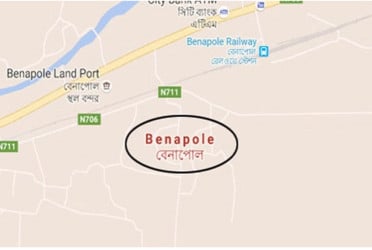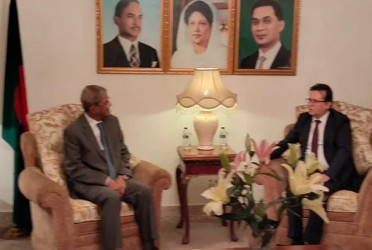Pressure is rising on Israeli Prime Minister Benjamin Netanyahu to formulate a post-war plan for Gaza, with political rivals accusing him of indecision and the US warning of a power vacuum emerging in the devastated Palestinian territory.
Splits in the war cabinet burst into the open this week. Defense Minister Yoav Gallant chastised Netanyahu for not trying to establish a Palestinian governing body as an alternative to Hamas. Without that, he said, the Israeli military would be forced to occupy Gaza, which would be “dangerous” for the Jewish state. He was quickly backed by Benny Gantz, a former head of the Israel Defense Forces, reports Bloomberg.
The premier hit back, saying that rather than focusing on so-called “day-after” issues, the IDF needs to concentrate on routing the remnants of Hamas — designated a terrorist organization by the US — in the southern Gazan city of Rafah.
Netanyahu wants to block any involvement of the Palestinian Authority, which rules parts of the West Bank and controlled Gaza before Hamas took over in 2007.
At the same time, Hamas is regrouping in parts of Gaza, causing the IDF to send troops back to areas, including the Jabaliya refugee camp in the north, that were cleared of the group’s fighters months ago. That’s led to some criticism of Israel’s tactics of not keeping troops in areas when fighting stops to secure them, including by former US General David Petraeus.
This week, South Africa, in a case supported by Brazil, Turkey and others, urged the International Court of Justice to order Israel to do more to protect civilians and said “its aim of destroying Gaza from the map is being realized.” Israel rejected the accusation.
Until the war ends and there’s clarity over what happens to Gaza, Israel’s internal divisions will likely fester and its global standing worsen.
Bd pratidin English/Lutful Hoque

